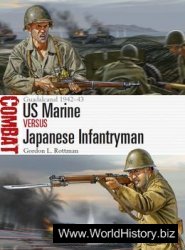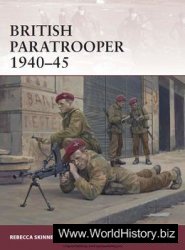One test of strength occurred in August, before the 1848 presidential election. After six months of acrimonious debate, Congress passed a bill barring slavery from Oregon. The test, however, proved little. If it required half a year to settle the question for Oregon, how could an answer ever be found for California and New Mexico? Plainly the time had come, in a democracy, to go to the people. The coming presidential election seemed to provide an ideal opportunity.
The opportunity was missed. The politicians of the parties hedged, fearful of losing votes in one section or another. With the issues blurred, voters had no real choice. That the Whigs should behave in such a manner was perhaps to be expected of the party of “Tippecanoe and Tyler Too,” but in 1848 they outdid even their 1840 performance, nominating Zachary Taylor for president. They chose the general despite his lack of political sophistication and even after he had flatly refused to state his opinion on any current subject. The party offered no platform. Taylor was a brave man and a fine general; the Democrats had mistreated him; he was a common, ordinary fellow, unpretentious and warmhearted. Such was the Whig “argument.” Taylor’s contribution to the campaign was so naive as to be pathetic. “I am a Whig, but not an ultra Whig. . . . If elected. . . I should feel bound to administer the government untrammeled by party schemes.”
The Democratic party had little better to offer. All the drive and zeal characteristic of it in the Jackson period had gradually seeped away. Polk’s espousal of Texas’s annexation had driven many Northerners from its ranks. The party members finally nominated Lewis Cass, the father of popular sovereignty, but they did not endorse that or any other solution to the territorial question. The Van Buren wing of the Democratic

According to this Democratic cartoon, the only qualification of General Zachary Taylor, the Whig candidate for president in 1848, is that he killed many Mexicans.
Party was known as the Barnburners to call attention to their radicalism. (Supposedly they would burn down the barn to get rid of the rats.) The Barnburners could not stomach Cass’s willingness to countenance the extension of slavery into new territories. Combining with the antislavery Liberty party, they formed the Free Soil party and nominated Van Buren.
Van Buren knew he could not be elected, but he believed the time had come to take a stand. “The minds of nearly all mankind have been penetrated by a conviction of the evils of slavery,” the onetime “Fox” and “Magician” declared. The Free Soil party polled nearly 300,000 votes, about 10 percent of the total, in a very dull campaign. Offered a choice between the honest ignorance of Taylor and the cynical opportunism of Cass, the voters—by a narrow Margin—chose the former, Taylor receiving 1.36 million votes to Cass’s 1.22 million. Taylor carried eight of the fifteen slave states and seven of the fifteen free states, proof that the sectional issue had been avoided. The chief significance of the election was the growing strength of the antislavery forces; in the next decade, this would bring about the collapse of the second party system.




 World History
World History









